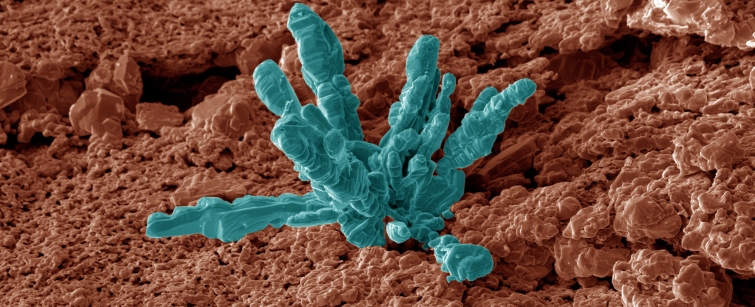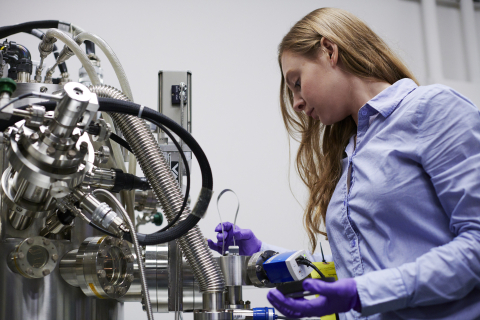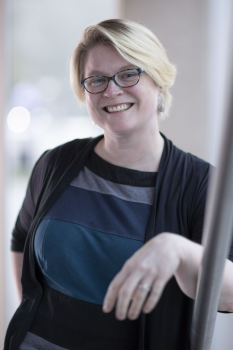Microcharacterization
We’re also expert at developing new methods of analysis to solve unique needs, such as fixing processes in manufacturing to avoid microscopic defects, and enhancing the performance of ceramic fuel cells for longer lifetime performance. And we’re advancing the leading edge of imaging analysis and machine learning to gather even more insights with each microcharacterization study.
Institutes, centers and labs related to Microcharacterization
Faculty who conduct research in Microcharacterization
Hoda Amani Hamedani
Research Assistant Professor, Materials Science and Engineering
Develops multifunctional materials and flexible nanostructured platforms for electrochemical and biomedical devices, localized drug delivery, neural interfacing, and electrochemical sensing; studies nanomaterials evolution/interactions in controlled (liquid) environments using in-situ characterization techniques
Jennifer Carter
Associate Professor, Materials Science and Engineering
deformation mechanisms of metals and metal-matrix composites; fatigue, fracture, and creep; failure analysis; electron microscopy; 3D microscopy; novel methodologies for multi-scale material characterization; data science and analytics; open science
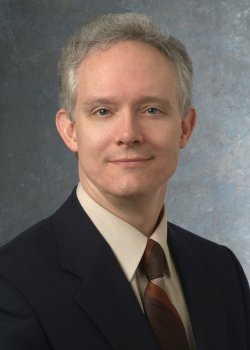
Mark De Guire
Associate Professor Emeritus, Materials Science and Engineering
Analyzes performance of ceramics in energy applications, including fuel cells and oxygen transport membranes
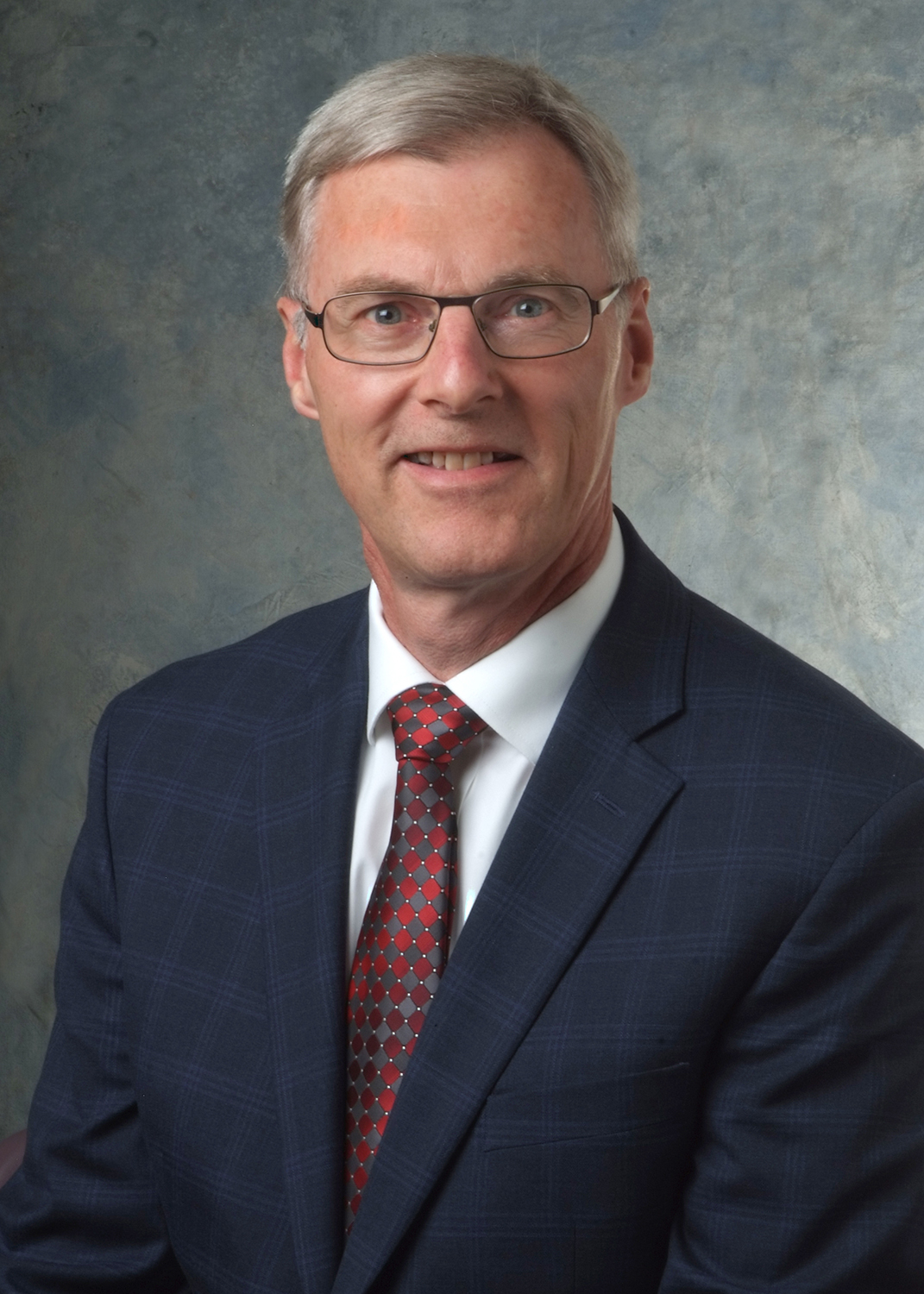
Frank Ernst
Professor, Materials Science and Engineering
Studies and engineers microstructures, interfaces and surfaces of metallic materials by novel methods of processing and microcharacterization
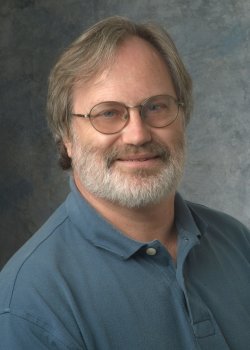
Peter Lagerlof
Associate Professor Emeritus, Materials Science and Engineering
Develops a unified theory for plastic deformation via slip and deformation twinning

